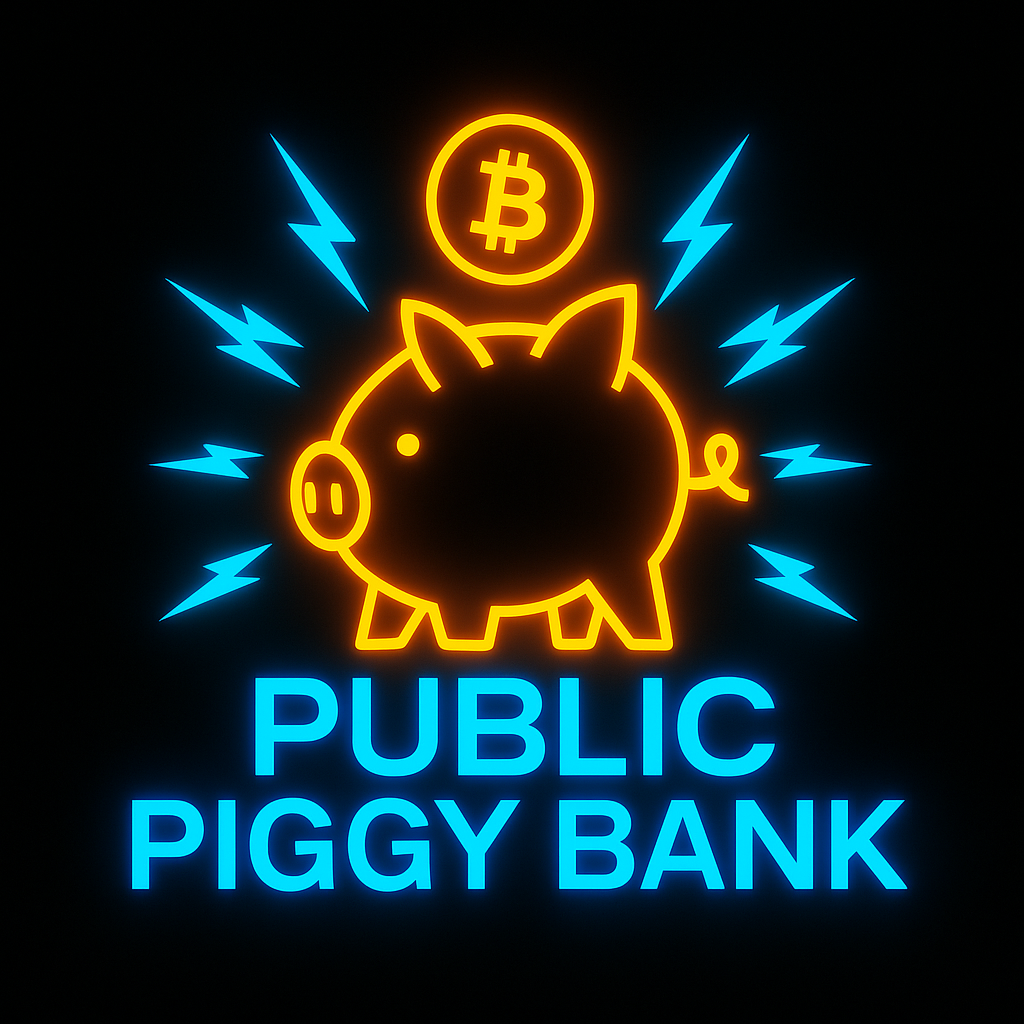
Proof of Work: A Technical Breakdown of Bitcoin’s Engine Room
At its core, Proof of Work (PoW) is a consensus algorithm that enforces honesty through computational difficulty. It makes block creation expensive and verification cheap — by design.
It works like this: Miners must find a nonce such that: SHA256(SHA256(block_header)) < Target
This is double-SHA-256 hashing of the block header. The resulting 256-bit number must be lower than a dynamically adjusted "target" value. That “target” gets smaller as difficulty increases, making valid hashes rarer.
What’s in the Block Header?
Miners hash this structure over and over:
version: current block version
previous_block_hash: SHA256 hash of the prior block
merkle_root: root hash of all transactions in the block
timestamp: current time in Unix epoch format
difficulty_target: encoded representation of the current difficulty
nonce: the value miners change to try new hashes
Miners vary the nonce (a 32-bit field) and, when that’s exhausted, modify other fields like the extra nonce in the Coinbase transaction to continue the search.
A Coinbase transaction is the first transaction in every Bitcoin block, created by the miner who discovers the block. It contains the block reward (newly created Bitcoin), Tranaction fees from all other transactions in that block. Often a small custom message (Satoshi famously included one in Bitcoin’s genesis block) “The Times 03/Jan/2009 Chancellor on brink of second bailout for banks”
This transaction is how new Bitcoin enters circulation - it is the monetary issuance mechanism hard-coded into Bitcoin.
Why Does This Matter?
The goal is to make it computationally expensive to propose a block.
This expense secures the network by requiring:
Real-world resources (electricity, hardware), Irreversible energy expenditure, Commitment of time (opportunity cost)
This cost makes attacking the chain brutally expensive and defending it economically incentivized.
Mining ≠ Free Money
People say miners “earn Bitcoin.” That’s wrong. Miners are buying energy, hardware, and time to enter a global competition. They’re not printing money — they’re converting electricity into unforgeable history.
Why Double SHA-256?
Because SHA-256 is deterministic but non-reversible. Double hashing reduces the chance of accidental collision or attack vectors like length-extension attacks. Hashing makes every attempt statistically independent — like a digital lottery. You can't cheat. You just keep guessing until you're lucky. It’s probability. It’s entropy. It’s pure physics.
Security Model
Let’s be blunt: If you want to change Bitcoin history, you must: Re-mine all blocks from your attack point to the present. Outpace the honest majority hash rate. Sustain this over time (because PoW doesn’t sleep). This is the 51% attack model, and it is economically suicidal unless you're mining a small chain with weak incentives. With Bitcoin’s current hash rate (~935 EH/s in 2025), you'd need: Warehouses of ASICs, Terawatts of power, and still probably fail due to node consensus and user rejection
Why It Works
Because you can’t fake energy.
PoW is thermodynamic truth.
It creates a scarcity of valid blocks.
It gives every Bitcoin a provable history tied to real energy.
This is the first time in human history we’ve had a monetary protocol that embeds physical cost into digital space.
Proof of Work transforms electricity into irreversible time-stamped truth, verified by math and secured by energy.
Proof of Work is the system Bitcoin uses to stay honest and secure. A global competition of pure computational power.
Every 10 minutes, thousands of computers (ASICs) around the world race to solve a math puzzle. It’s not guessing - it’s grinding through trillions of calculations to find the one correct answer.
Whoever solves it first earns the right to add the next block of transactions to the Bitcoin network and gets rewarded in Newley created Bitcoin. Here’s the key solving the puzzle takes real energy, real time, and real computing power. It’s protected by work, verified by energy, and enforced by physics.
Bitcoin Honest by Design

